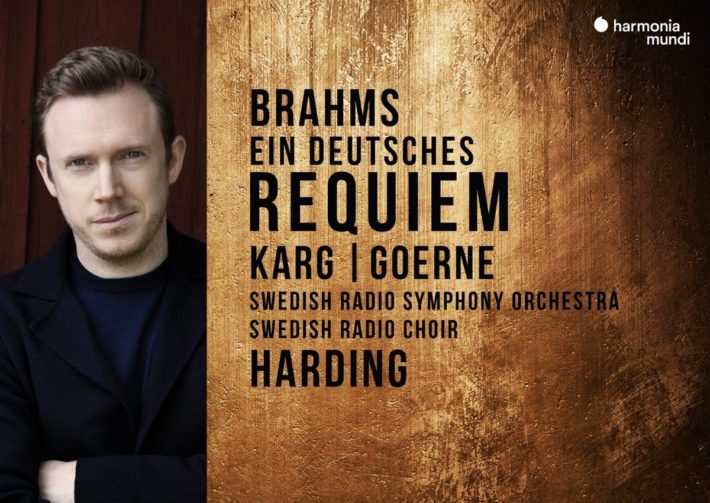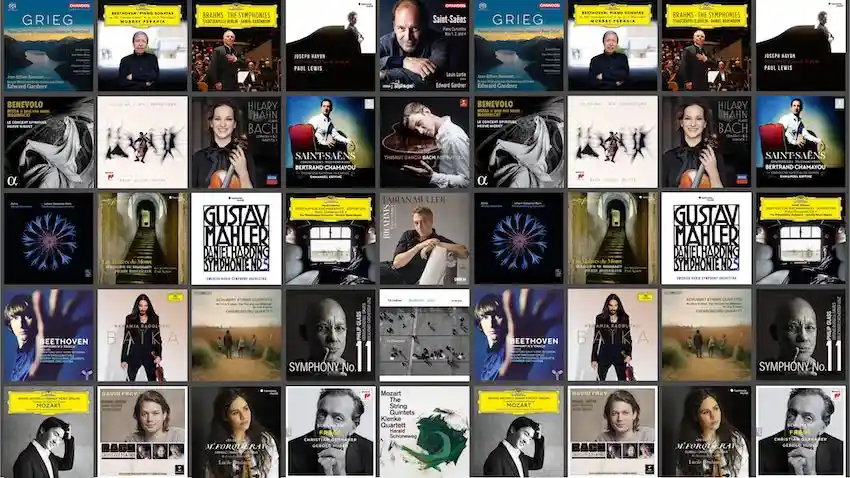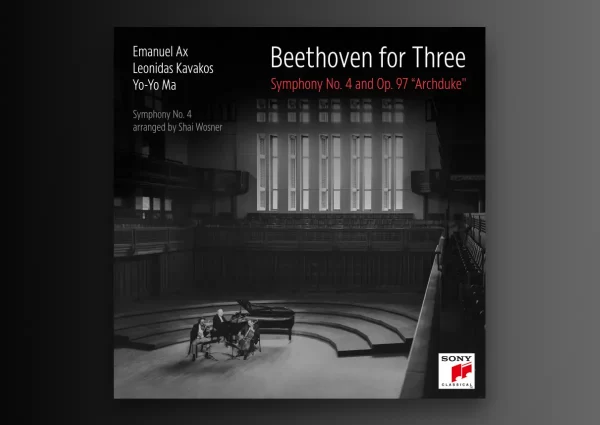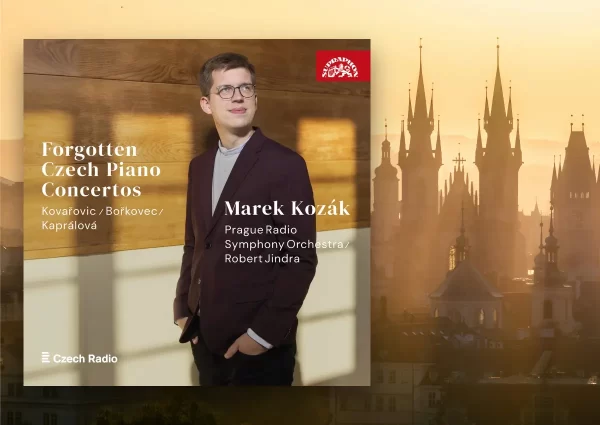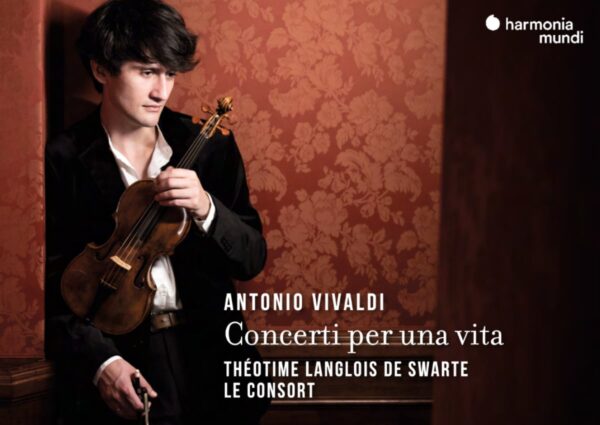Image: ©️ Julian Hargreaves
Brahms’ choral masterpiece, “Ein Deutsches Requiem”, has essentially been a non-stop hit since it was premiered in 1868. Its popularity has endured because of the two-fold genius of the piece: for audiences, it is comfortably spiritual and catchy; for performers, it is rewarding and exhilarating. In a new recording, Daniel Harding and the Swedish Radio Symphony Orchestra and choir, who recently agreed to extend their collaboration for another 5 years, have tossed their hat into a rather crowded ring.
The opening movement of the work, which welcomes mourners with the words “blessed are those who carry grief, for they shall be comforted,” is performed well. The mood is unhurried and untroubled; Harding’s tempi are relaxed, and even the diminished chords never feel particularly anxious. The orchestra forgoes vibrato to create an open stage for the choir, and the choir fills that stage with warmth in both sensitive and more emphatic moments.
After this introduction, however, Brahms sets off down a stormy path, and Harding seems unwilling to follow. The dire second movement is played too much in the style of the first, in a legato and relaxed manner, with Brahms’ caveat “ma un poco marcato” (but with some emphasis), entirely ignored. Harding is incredibly restrained in his use of rubato and continues to limit the orchestra’s use of vibrato. The opening phrases, normally foreboding, become quite dull, and the choir’s entrance, as well as the following crescendo, feel like nothing special. The near-comparable performance here is Gergiev’s live take with the London Symphony Orchestra, who are similarly restrained in places, but who bring out the melodic lines and sing with a tension that is undeniably moving. (Gergiev probably has twice the players at his disposal, though, so the comparison is not entirely fair). The ensuing fugue is performed well but again with minimal variation in color: from fortissimo at “ewige Freude” to pianissimo at “ihrem Haupte sein” back to forte at “Freude und Wonne” feels like someone is simply turning the volume knob up and down.
Get periodic updates about new classical music albums reviews, news and guides.
We respect your privacy.
The piece’s three inner movements often suffer from the same lack of variety. Matthias Goerne sings well, but he and the winds sound entirely unconcerned at “Ach, wie gar nichts” (Track 3). At the text “Ich hoffe auf dich”, where a gorgeous sense of hope should emerge from the diminished, unstable plea “Wess soll ich mich trösten” (“how can I console myself”, 6”30”), there is very little sense of wonder, of finding something totally anew. Happily, the fourth movement is more successful, and the livelier moments of the movement show that Harding and co. can produce excitement when they want to. The fifth movement, normally resplendent, is rushed. Christiane Karg is left to do the brunt of the emotional work herself, which she does, but it doesn’t redeem the movement. The most sensitive moments in the whole work, where the choir sings “wie einen seine Mutter tröstet” (“as one is comforted by his mother”, 1”48”), are entirely brushed over. In these movements, the comparable performance is the very recent one from the Dutch ensembles Cappella Amsterdam and Orchestra of the 18th Century with Daniell Reuss, whose forces are similar in size to Harding’s but on period instruments. Normally one expects modern instruments to be capable of more expressivity than 18th-century ones, yet Reuss’ color palette is far more varied and the emotional content of his performance far higher than Harding’s.
In the work’s last movement, Harding finally allows rich sonorities to emerge from his group. The declamations that open the movement contrast nicely with the mood of reflection that pervades the middle, and the result is moving.
Overall, this version of the Brahms’ Requiem doesn’t quite make the cut. It is not the recording, which is clear and superb throughout, nor is it the quality of the individual musicians, which is similarly flawless. This playing on this record just fails to match the imagination and intensity of previous Harding / SRSO Brahms releases, like the First Piano Concerto with Paul Lewis and the Violin Concerto with Isabelle Faust. This team is clearly a talented one, but they need to go back to the drawing board for the German Requiem.

Brahms – Ein deutsches Requiem, op. 45
Swedish Radio Symphony Orchestra
Swedish Radio Choir
Christiane Karg – Soprano
Matthias Goerne – Baritone
Daniel Harding – Conductor
Harmonia Mundi, CD HMM 902635
Brahms’ Ein deutsches Requiem – Recommended Comparisons
Follow Us and Comment:
Get our periodic classical music newsletter with our recent reviews, news and beginners guides.
We respect your privacy.

